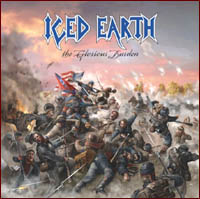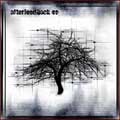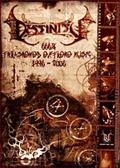ICED EARTH (usa) - The Glorious Burden (2004)

Label : SPV / Wagram
Sortie du Scud : 12 Janvier 2004
Pays : USA
Genre : Heavy Metal
Type : Album
Playtime : 1 Titres - 70 Mins
Voici donc le résultat de l’arrivée de Tim Owens dans ICED EARTH et… c’est plutôt réussi. Bien que certains passages nous fassent penser à JUDAS PRIEST, la ressemblance n’est pas plus frappante que ça, le Ripper ayant eu la sagesse d’explorer un registre vocal assez inédit. La relève est donc de qualité et l’esprit d’ICED EARTH est préservé de toute dérive.
Jon Schaffer a choisi l’histoire - dont il est passionné - pour thème principal de cet opus. On pourra s’interroger sur les raisons qui l’on poussé à ne s’intéresser qu’aux conflits ; il est vrai qu’il est plus facile de s’intéresser à la guerre quand on ne l’a jamais faite.
En dépit de quelques riffs balourds et de rythmiques parfois répétitives, “The Glorious Burden” est un album de qualité, épique et personnel, qui parvient à délivrer une énergie indéniable. Ce n’est pas la meilleure réussite du groupe mais on y retrouve le style, le son et les bonnes trouvailles qui ont fait sa notoriété. Ajoutons qu’une production impeccable vient servir le tout.
“The Glorious Burden” a le mérite de donner envie de réécouter “Rime Of The Ancient Mariner”, c’est déjà ça !
Ajouté : Mardi 09 Mars 2004
Chroniqueur : Alexis de Fireball
Score :    
Lien en relation: Iced Earth Website
Hits: 15480
|














